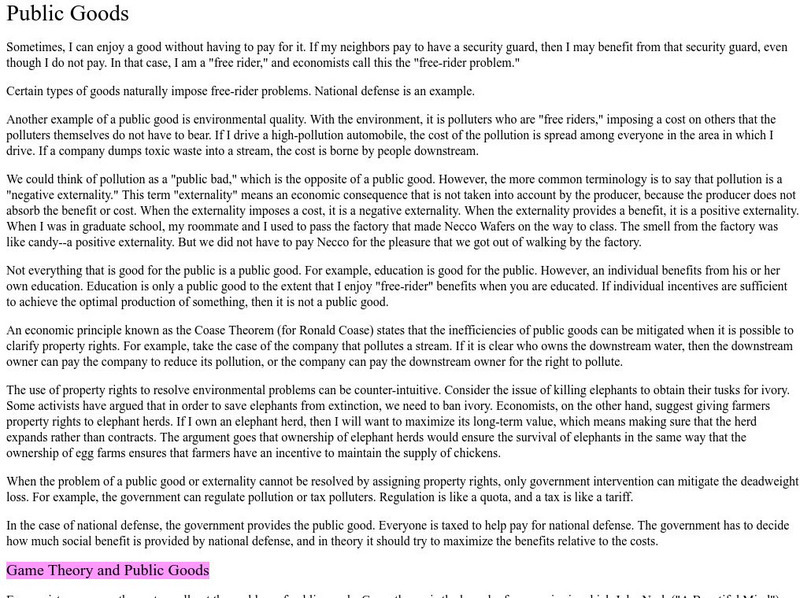Curated OER
Graffiti Hurts
Fourth graders examine the economic and social consequences of graffiti. They complete a handout, list their feelings about graffiti, and explore the Graffiti Hurts website.
Curated OER
Site Robbers
Fourth graders interview a Native American and write a newspaper article or letter that expresses concern about robbing archaeological sites.
Curated OER
Doctor's Dilemma: Advocacy for Whom?
Students investigate why doctors feel torn between patients and insurance companies. They examine the health care system and how it affects patients. They discuss one's ability to afford health insurance as well.
Curated OER
MANAGING THE SCHOOL FOREST
Students study how to plant a seedling, how to mulch the trees into the nursery bed, transplant seedlings to another site or school, and determine why we need to water and mulch trees.
Curated OER
Let's Put a Spin on Things: Graffiti Role Play
Fourth graders examine what is and what isn't graffiti. They role-play various scenarios, research the Graffiti Hurts website, and discuss when graffiti should be reported to local law enforcement.
Curated OER
Thomas Jefferson's Library: Making the Case for a National Library
Learners examine the need for a national library. In this Library of Congress lesson, students analyze primary sources to investigate the persuasive techniques that Thomas Jefferson used in a letter meant to show his...
Other
Public Goods
This article discusses public goods, the free-rider problem, externalities, property rights, and game theory strategy.
Thomson Reuters
Find Law: Eminent Domain, What Is Eminent Domain?
This site is provided for by FindLaw.com. "Eminent domain," often called "condemnation," is the legal process by which a public body [is] given the legal power to acquire private property for a use that has been declared to be public by...
Digital History
Digital History: Transforming American Law
Changes in American law promoted economic growth. See how private companies were protected from penalties and liabilities, and were given special privileges because they contributed to the public good.
Illinois Institute of Technology
Oyez Project: Dartmouth College v. Woodward (1819)
This Supreme Court case deals with whether a state government can seize a private university and make it a public one. Contains an abstract of the case and a list of how the justices at that time voted on the case.









